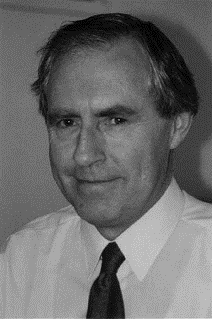Congratulations to the recipients of the 2016 ECS Summer Fellowships!
Offered since 1928, the summer fellowship program is designed to assist students during the summer months, June through September, in the pursuit of work in a field of interest to the ECS.
Fellowship Recipients
Dr. Yelena Gorlin
Technische Universität München
Supervisor, Dr. Hubert A. Gasteiger
Colin Garfield Fink Summer Fellowship*
Soo Kim
Northwestern University
Advisor, Dr. Christopher M. Wolverton
Edward G. Weston Summer Fellowship
Charuksha T. Walgama
Oklahoma State University
Advisor, Dr. Sadagopan Krishnan
Joseph W. Richards Summer Fellowship
Muhammad Boota
Drexel University
Advisor, Dr. Yury Gogotsi
F. M. Becket Summer Fellowship
Michael Metzger
Technische Universität München
Advisor, Dr. Hubert A. Gasteiger
Herbert H. Uhlig Summer Fellowship
*The Colin Garfield Fink Summer Fellowship Award is designed to assist a postdoctoral scientist or engineer in the pursuit of battery research during the summer months.
Look for more information in November 2016 for your chance to apply for one of these prestigious fellowships in 2017!
Interested in other ECS opportunities like these? Click here to learn about additional ECS programs!


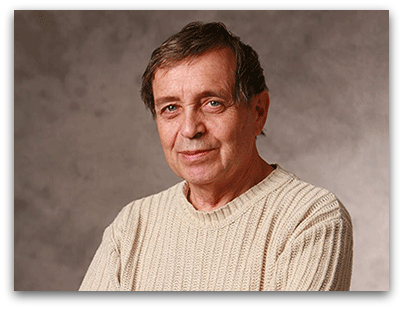 Michael Shur will be awarded the 2016 ECS
Michael Shur will be awarded the 2016 ECS 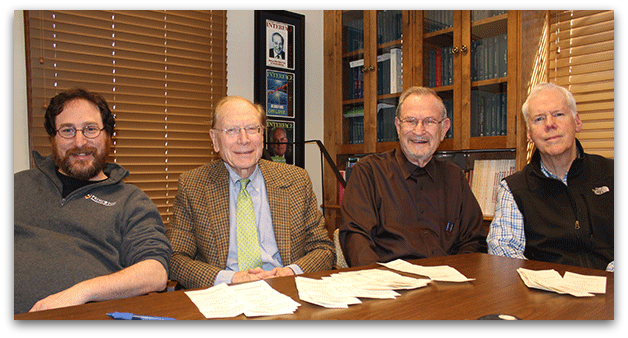
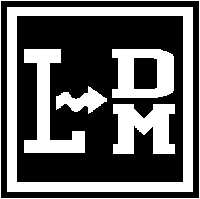 ECS is currently accepting nominations for the following award of the Luminescence and Display Materials Division:
ECS is currently accepting nominations for the following award of the Luminescence and Display Materials Division: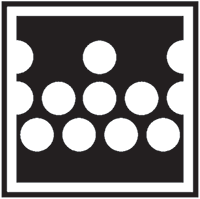 ECS recognizes outstanding technical achievements in electrochemistry and solid state science and technology through its Honors & Awards program. There are many deserving members of the Electrodeposition Division among us and this is an opportunity to highlight their contributions.
ECS recognizes outstanding technical achievements in electrochemistry and solid state science and technology through its Honors & Awards program. There are many deserving members of the Electrodeposition Division among us and this is an opportunity to highlight their contributions.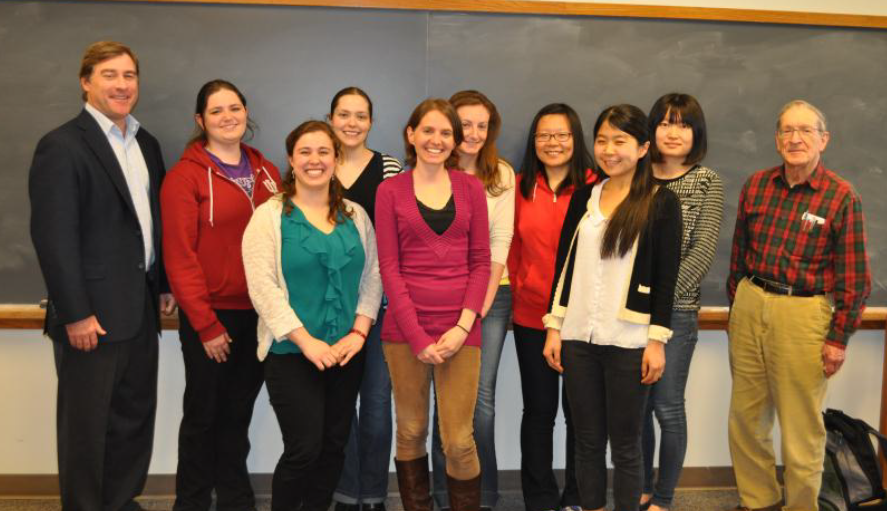
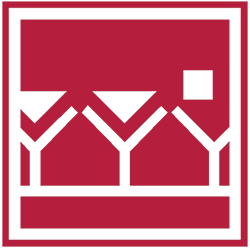 ECS recognizes outstanding technical achievements in electrochemistry and solid-state science and technology through its Honors & Awards program. There are many deserving members of the Sensor Division among us and this is an opportunity to highlight their contributions.
ECS recognizes outstanding technical achievements in electrochemistry and solid-state science and technology through its Honors & Awards program. There are many deserving members of the Sensor Division among us and this is an opportunity to highlight their contributions.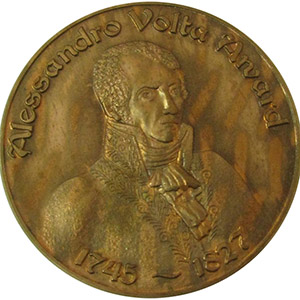 The Europe Section has established the Alessandro Volta Medal, an award to recognize outstanding contributions in electrochemistry and solid-state chemistry and technology in Europe.
The Europe Section has established the Alessandro Volta Medal, an award to recognize outstanding contributions in electrochemistry and solid-state chemistry and technology in Europe.